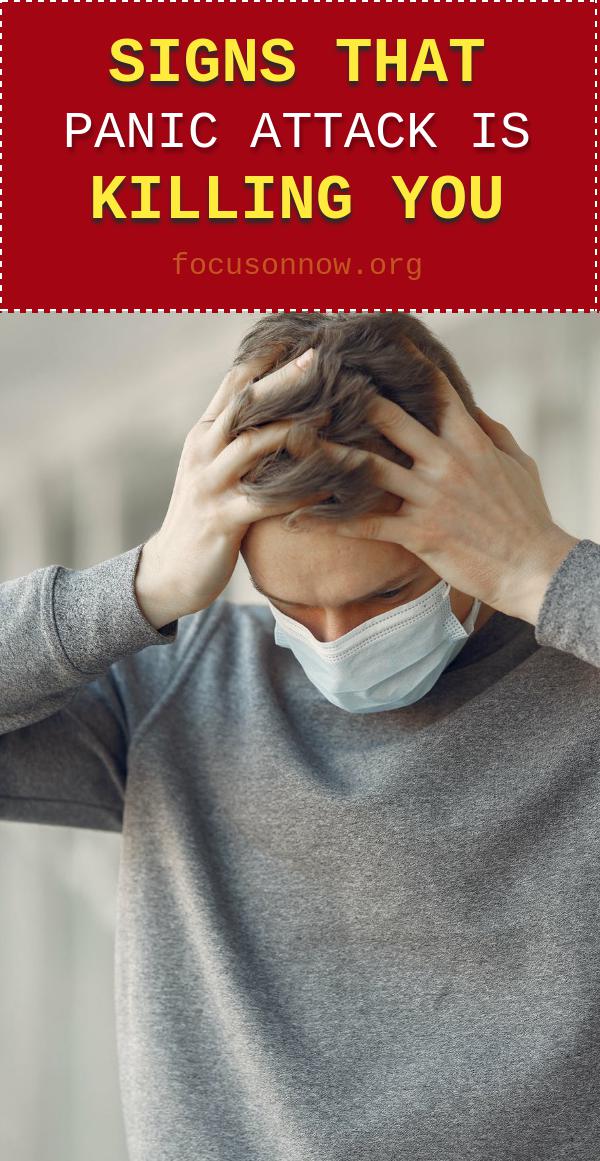

The symptoms of panic attack at night include:ġ. It is common for people who have had symptoms of panic attack at night to also experience daytime panic attacks. Often, the symptoms of panic attack at night are similar to those of a panic attack during the day. Up next, we have symptoms of panic attack at night. They often happen when you least expect them they sneak up on you like a thief in the night. The cause of nocturnal panic attacks is not clear, but they may occur due to an underlying medical condition or medication side effects. Nocturnal panic attacks can be severe and may include overwhelming fear or terror, sweating, shaking, rapid heartbeat, chest pain or palpitations (the sensation that your heart is pounding or pounding too fast), shortness of breath, dizziness and chills. They are also known as nighttime panic attacks and occur at night, primarily during sleep. Nocturnal panic attacks are a common occurrence among people with anxiety disorders. In the upcoming segments, we will be rounding up symptoms of panic attack at night and what to do during a panic attack.ĥ Easy Ways To Tackle Brain Fog Symptoms And Causesĥ Best Deep Breathing Exercise For Lungs For All Age Groups Some people with panic disorder develop the disorder after experiencing one or more anxious feelings for years before their first full-blown panic attack occurs. Panic attacks usually begin suddenly, but they don’t always start immediately after you experience an anxious feeling. You may feel dizzy or unsteady on your feet. Your breathing might become more rapid and shallow as well. You may experience physical symptoms like sweating, chest pain and rapid heartbeat. It can feel like you’re going crazy or dying - in other words, it’s terrifying. Read on as we shed light on what are panic attacks, symptoms of panic attack at night, what to do during a panic attack, and answer prevalent questions.Ī panic attack is an intense, sudden rush of anxiety, fear and body sensations that peak in a matter of minutes. Yes, this is the most feared part of panic disorder: the attacks at night when you are in bed and unable to escape.

You might have noticed that your hands and feet tingle - a sign of feeling anxious, angry or afraid. Perhaps you’ve felt that familiar sensation of your heart beating faster and your breathing becoming erratic. You’re alone in the dark, with only your thoughts as company.


 0 kommentar(er)
0 kommentar(er)
